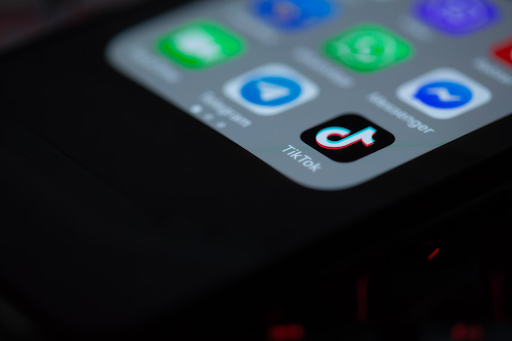“I hope this email finds you well.”
This cordial message is often found in emails between students, professors and other faculty members. At one point, this message seemed to be conveyed genuinely among those who used it, however, now this message has become ingrained in our vocabulary of virtual etiquette. We have grown so accustomed to sending emails as our primary means of communication — how much concern does this message still hold, if any at all?
Amidst the pandemic, students have been challenging themselves to continue their pursuit of higher education, and most students agree that virtual learning is much more demanding. Staying on top of Blackboard and Canvas, learning how to manage those platforms and trying to follow asynchronous courses is extremely taxing, and this is often in addition to other obligations for work, home or extracurriculars (that might also take place virtually). Students often claim they are living week-to-week, telling themselves, “as long as I get through this week’s assignments, I’ll be okay.” That is no way for students to learn, grow or excel individually or academically.
Students are not the only ones suffering behind a screen, as professors and faculty members face difficulties with online learning as well. Professors must create material that they assume is understood by students who often will not send an email reaching out for help. How can they gauge how students are doing? How can they help students that are drowning when they’re states or even oceans apart?
Online education has proven time and time again to be strenuous for all those involved, however, this should not discredit the value of face-to-face learning, as that can also be burdensome. With in-person learning, students and faculty were able to breathe through the holidays and study days throughout the semester. For many students, spring break is a time to catch-up on studies, unwind and reset. This holds the same for faculty, who spend time grading, resting and readjusting.
It was recently announced that St. John’s decided to cancel spring break next semester. This is understandable, as having such a break might encourage students to travel, party and recklessly engage with others. They could potentially bring the virus back to campus and cause a serious spike, endangering fellow students, faculty and family members of commuter students. On the other hand, the school community needs time to rest. Online education has been the root cause of developing mental health issues for many students.
The anxiety of not knowing what the future holds takes a heavy toll on one’s mind and knowing there is a set date for a much-needed pause puts the mind at ease. Spring break is a small glimmer of hope amid the dull blue-light emitted from our screens. With the cancellation of spring break, it will be even more difficult for professors and students to hope their emails find each other well.

















